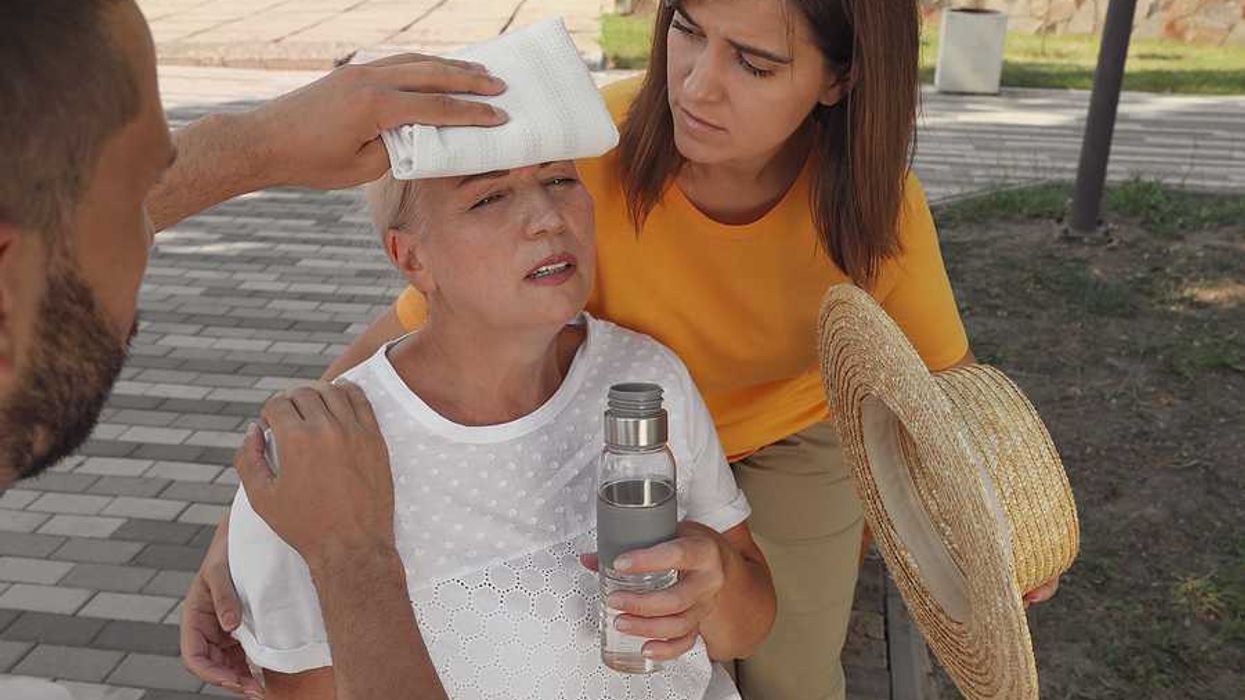As Black women in the U.S. move away from hair relaxers due to cancer risks, their popularity grows in Africa.
Susan Smith Richardson and Agatha Gichana report for The Examination.
In short:
- Hair relaxers, once a staple for achieving straight hair, are being reconsidered due to health risks, including a heightened chance of uterine cancer.
- Despite declining sales in the U.S., African countries like Kenya and Tunisia see a rise in demand for these products.
- The debate over hair relaxers intersects with issues of beauty standards, colonial legacies, and the need for greater product transparency.
Key quote:
"The price of Black women’s beauty should never be Black women’s health."
— Ikamara Larasi, campaigner with Level Up
Why this matters:
Research into hair relaxers has revealed that they contain a mix of chemicals, including those that may act as endocrine disruptors or carcinogens, such as formaldehyde, parabens, and phthalates. These substances can potentially be absorbed through the scalp and interfere with the body's estrogen pathways, leading to endometrial tumors. This risk appears to be compounded for Black women, who are disproportionately affected due to higher usage rates of these products, raising concerns about racial disparities in cancer risk.














